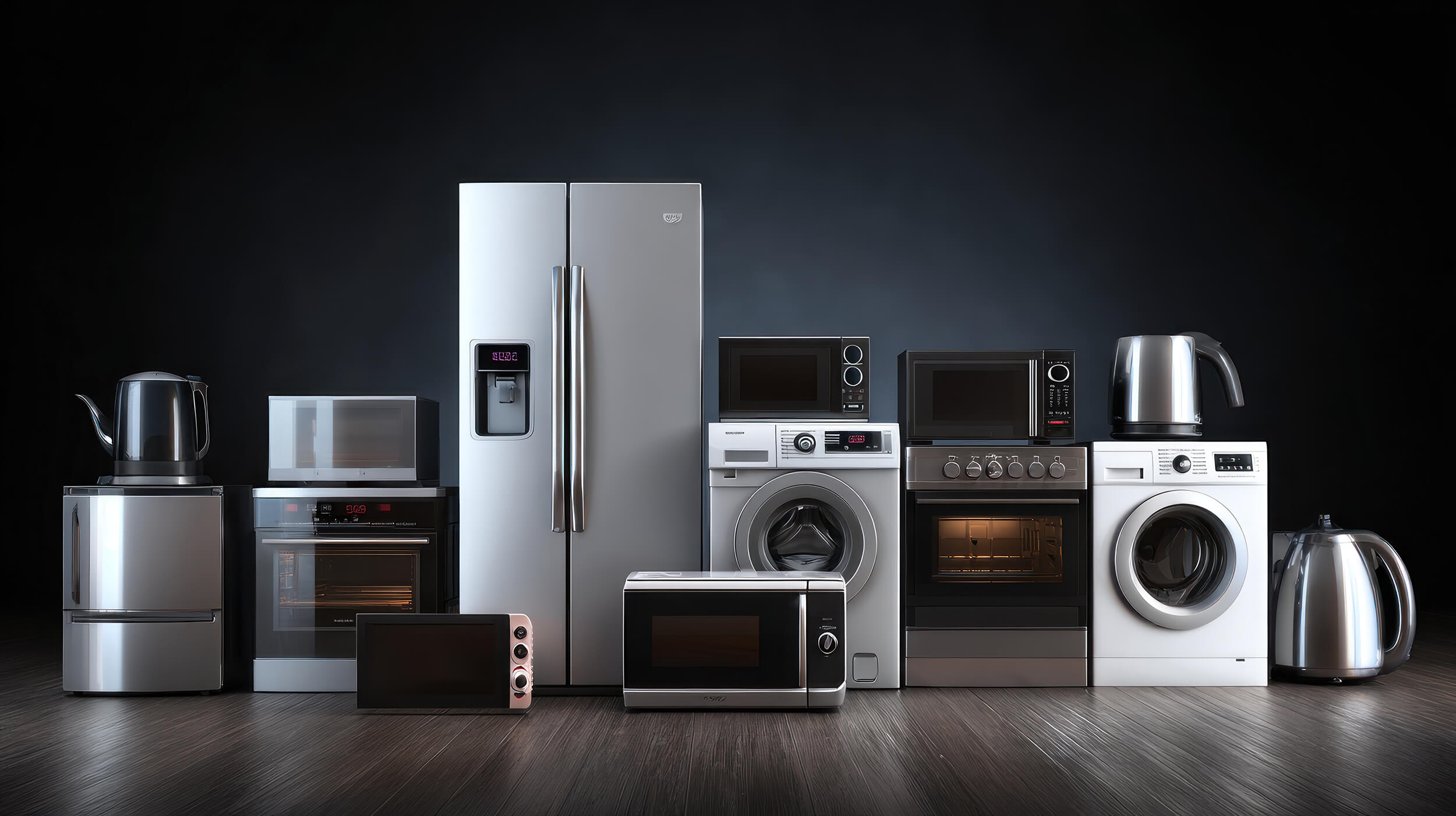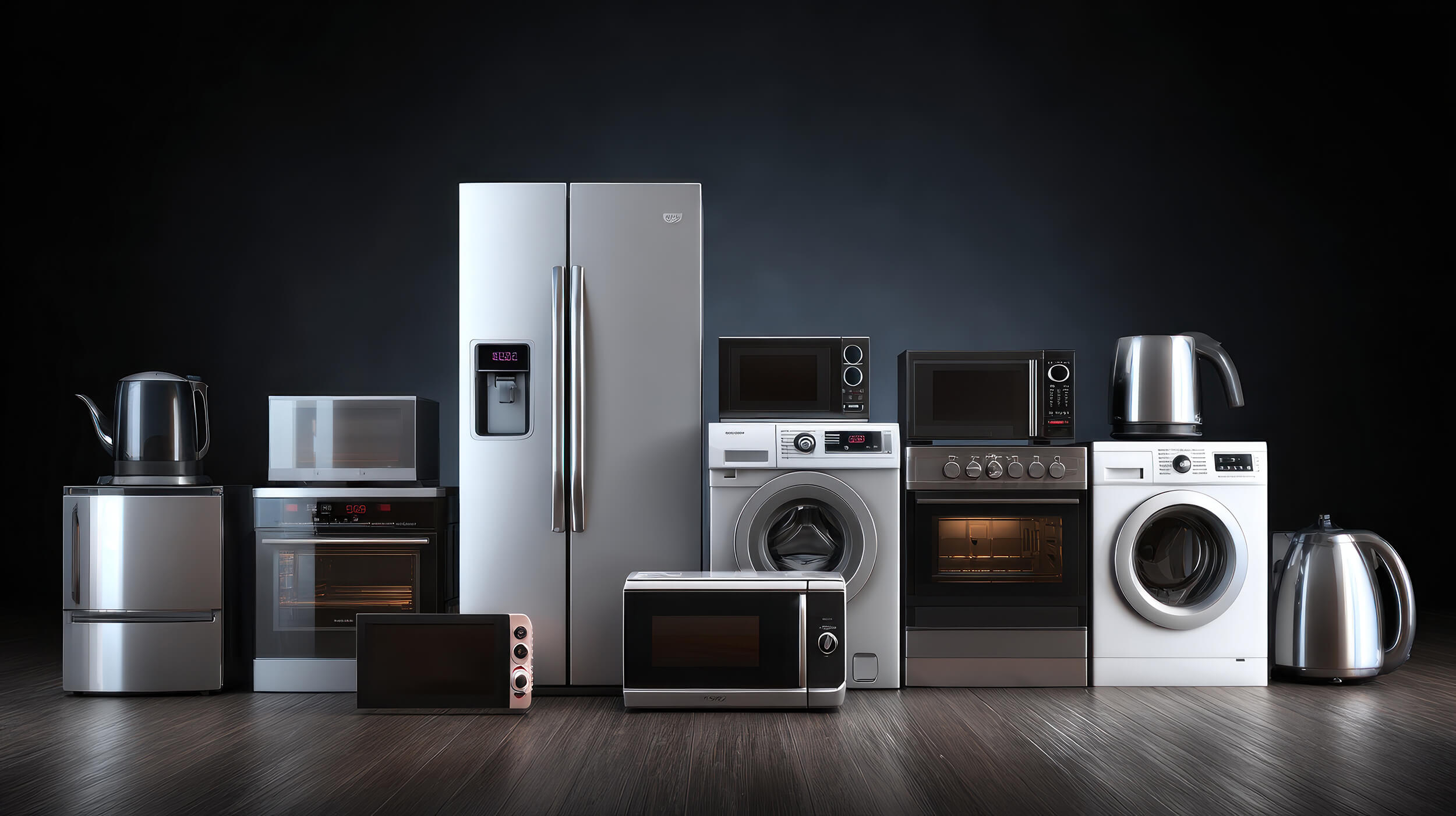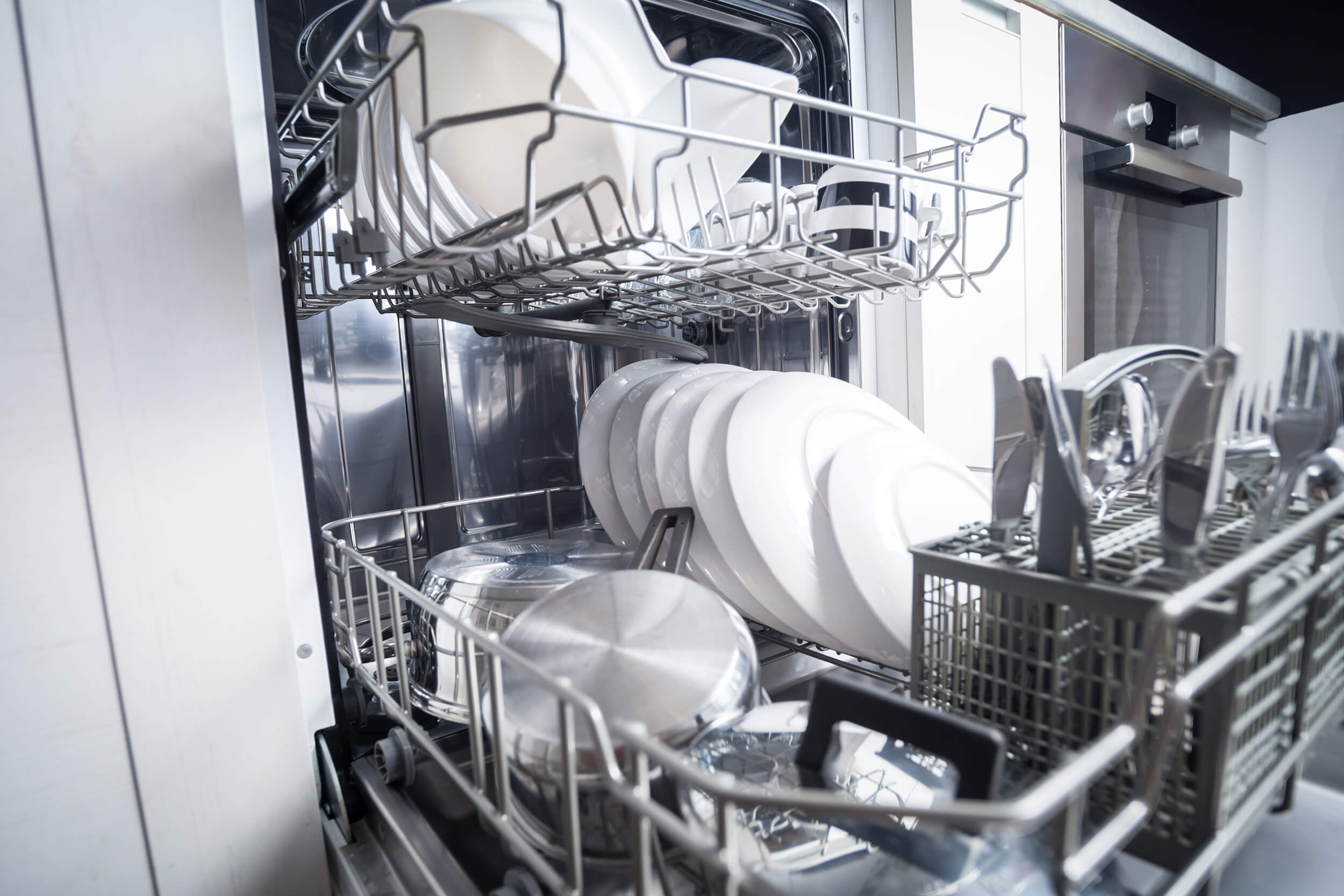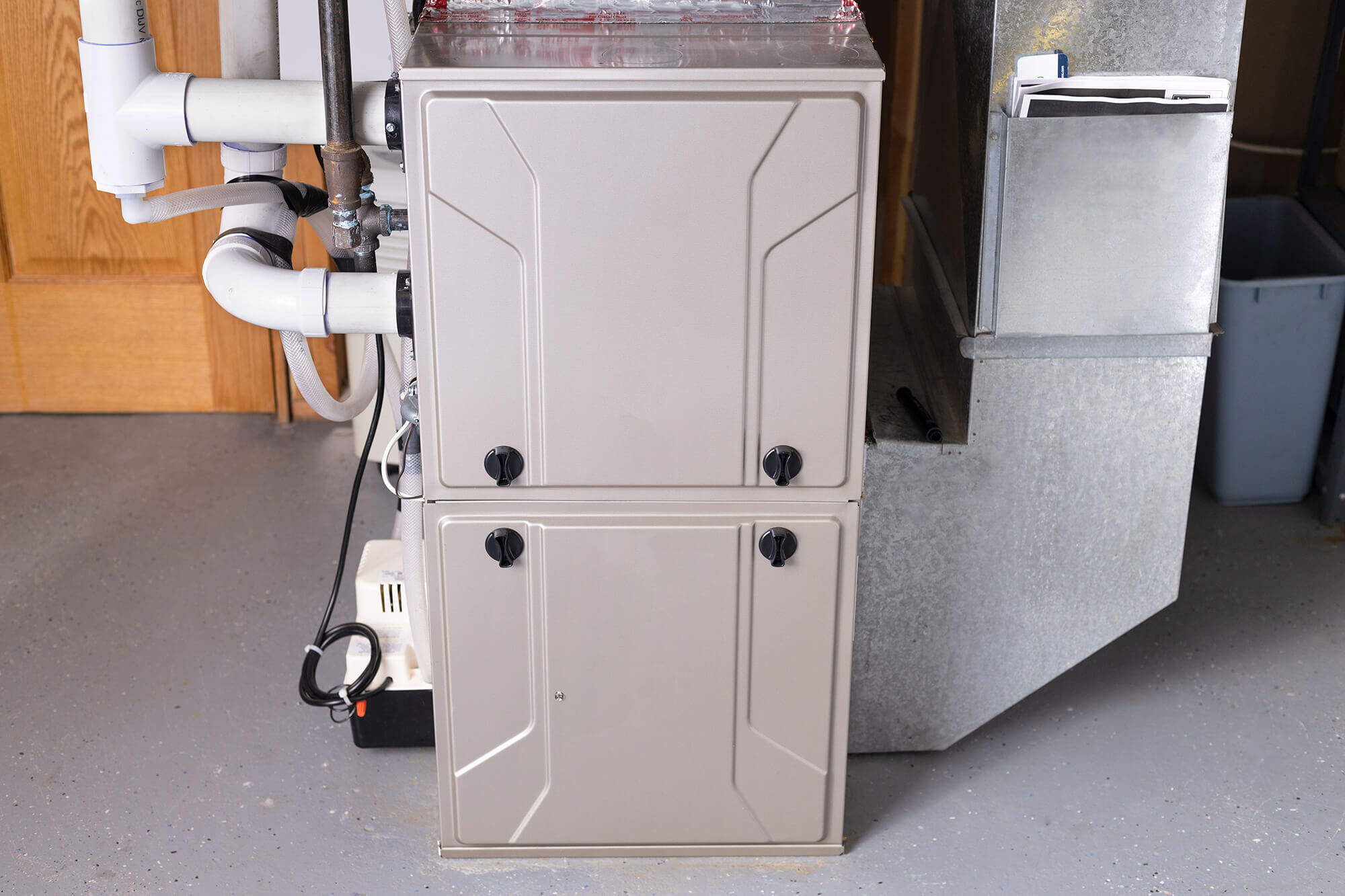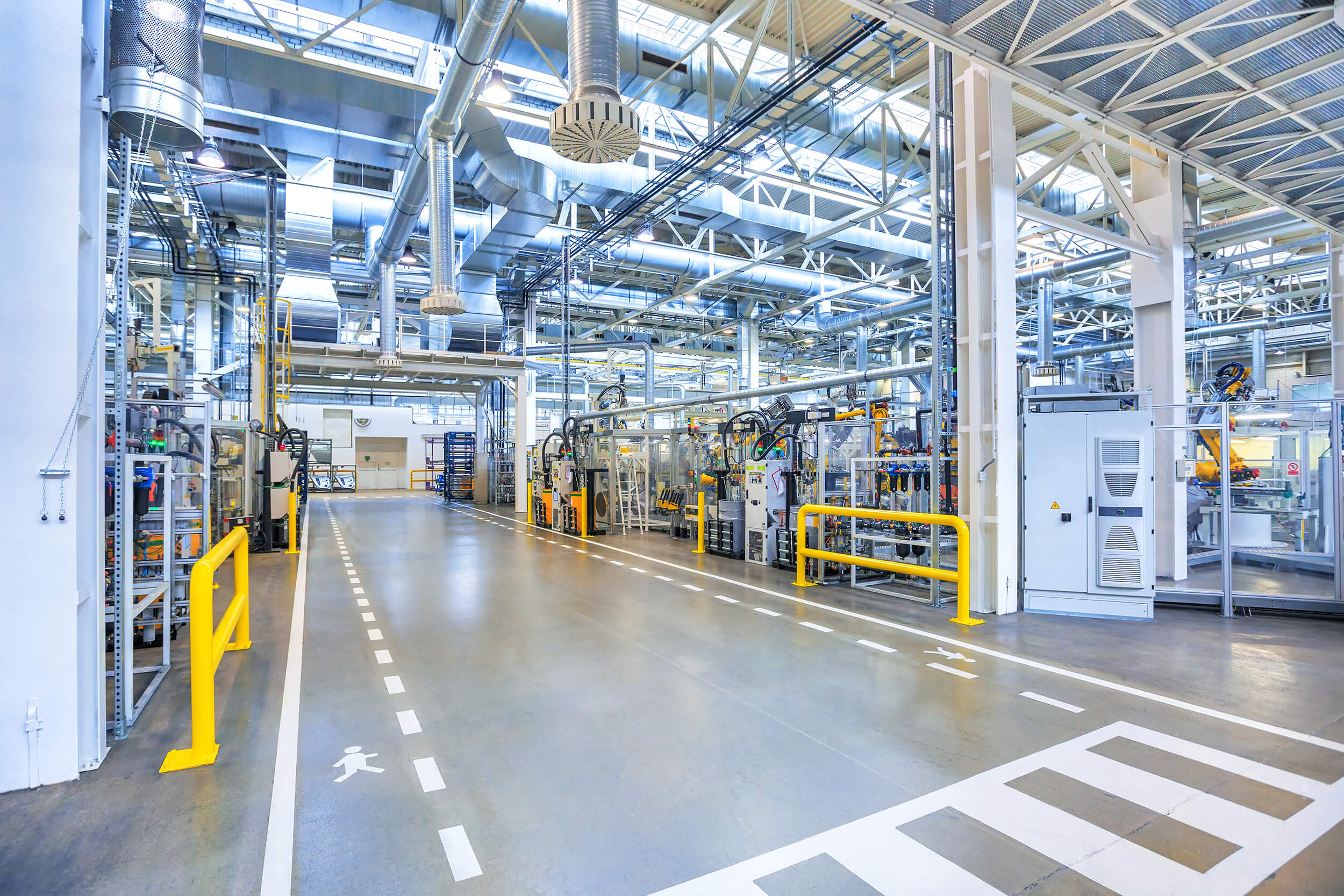Businesses in the restaurant, food processing, institutional and hospitality sectors all need large amounts of hot water to keep their plates clean and their customers happy. Nearly one-fifth of the natural gas consumed by buildings operated by the food service industry goes toward heating hot water[1].
Commercial water heaters serve a wide range of potable hot water needs for many kinds of businesses. An office building might have small tanks to provide hot water for hand washing in bathrooms, while a large restaurant might have a high-capacity water heater for dishwashing and food preparation.
Restaurants and other businesses that use large amounts of hot water stand to benefit from the Department of Energy’s (DOE) proposed commercial water heater energy efficiency standards. The standards will deliver big energy and bill savings for businesses that buy new natural gas-fired storage and instantaneous water heaters. They will also provide modest increases for businesses using electric storage water heaters.
DOE estimates that commercial water heaters meeting the new standards will save 1.8 quadrillion BTUs over 30 years – resulting in net present benefits of $2.3* to $6.3 billion for U.S. businesses. This reduction in energy consumption would also prevent the emission of nearly 100 million metric tons of CO2 over the same period.
The proposed standards are technology neutral, but would likely require new natural gas- commercial water heaters (both storage and instantaneous) to employ condensing technology to reclaim waste energy from flue gases.

Manufacturers of electric commercial storage water heaters could meet the efficiency levels by increasing tank insulation.
In a related notice of proposed rulemaking on test procedures for commercial water heaters DOE proposed revised definitions for various commercial water heater product categories including residential-duty commercial water heaters. DOE included separate standards for these water heaters in the commercial water heater standards NOPR.
While the proposed standards would generate significant savings, DOE’s own analysis shows that they would still leave significant potential savings on the table. DOE’s analysis found that stronger standards could increase savings by an additional 22% and be more cost effective than the proposed standards. Twenty four percent of available commercial storage water heaters already meet this higher standard.
The proposed standards for commercial water heaters follow upgraded residential water heater standards which came into effect in 2015. DOE’s proposal would require gas-fired commercial water heaters to be slightly less efficient than their residential counterparts. DOE would also not require commercial electric storage water heaters to use heat pump technology, as is currently required for large residential electric storage water heaters.
DOE is scheduled to publish a final rule for commercial water heaters later this year and the new standards would come into effect three years after publication.
[1] CBECS 2012 data table7
*UPDATE: [corrected from $2.8]
